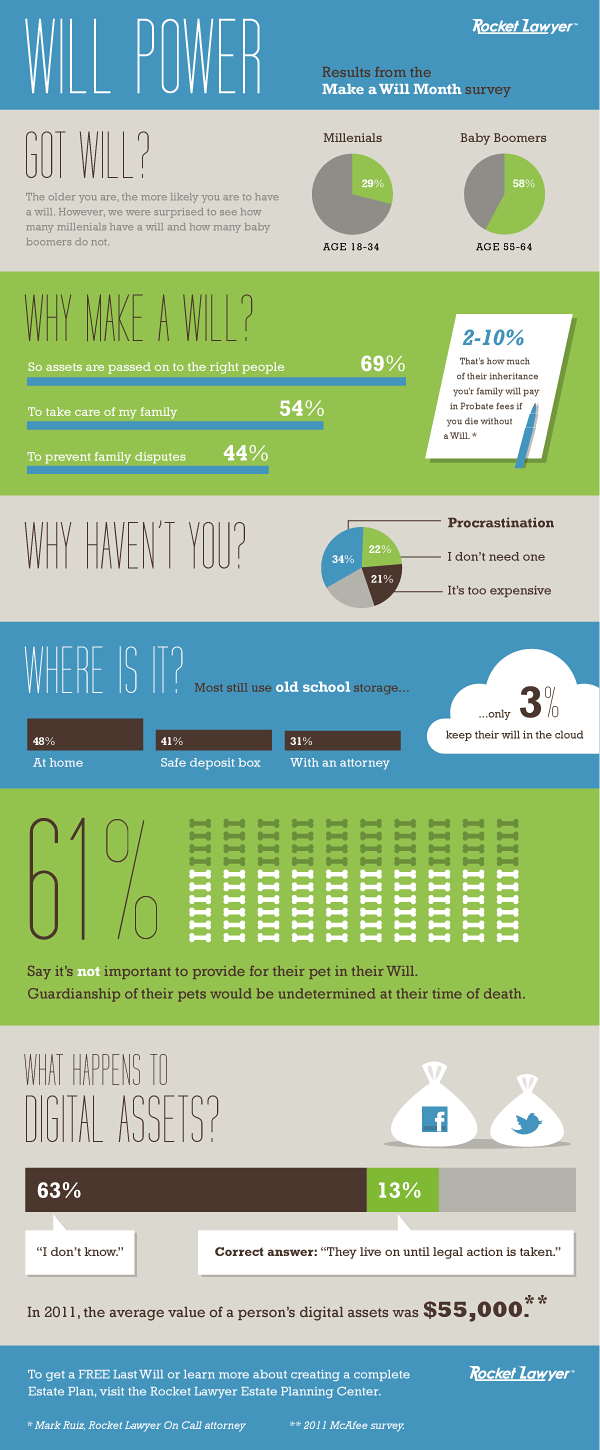Retirement & Estate Planning
Your goal is a financially secure and comfortable retirement. Our goal is to get you there by helping you accumulate wealth for retirement and generate income in retirement. Find out how you can take charge of your retirement.
What is Scarier than Not Having a Will? The Government Creating One for You!
When someone dies, their assets will be given to their heirs. The question is: Who gets what? That's why you need a will. This document is the instruction you leave for the disposition of your assets. Typically, wills tell us:
- Whether to pay off loans (ie: mortgages, auto, etc.)
- Debts that should or should not be eliminated
- Assets that are to be sold, such as real estate or businesses
- Who is to receive remaining assets, including family heirlooms as well as financial assets
- Timing of asset distribution
- Designation of "legal guardian" for raising minor children
- Naming the ‘Executor’ to ensure all instructions are implemented correctly
- ...and other instructions you leave.
When to Revise Your Will
Financial and estate plans require periodic review to make sure they remain current and viable. Revisions to these documents may be required if:
- There is a change in marital status.
- Your state of residence has changed,
- Significant changes to your financial situation,
- Changes to your health,
- Family members have died or been born, or
- Five years have passed.
Everyone has a will, even if they did not write it themselves
If you die without having written a will, it is called dying intestate. In this instance the government has a will for you and you lose the opportunity to disburse your assets as you wish. Depending on what state you live in, intestacy means assets might pass to parents, in-laws, brothers and sisters, or even aunts, uncles, and cousins instead of the people you wish. Furthermore, failing to write a will means you give up the right to name a guardian for your minor children. Do you really want a judge to make that decision for you?Single People Need a Will Also
Why? Because even single people have debts, assets, family members and friends. Without a will, your family won't know your intentions and, hence, your wishes will not be enacted.Other Estate Planning Tools
The law provides for many solutions to estate planning needs. In addition to a will, some of the basic ones that most people need include:- Living Wills, which you use to declare your preferences for medical treatment in the event you become terminally ill;
- Durable power of attorney for health care, which allows another person to make medical decisions for you if you are unable to make them for yourself; and
- Durable general powers of attorney, which allow another person (usually a spouse) to sign legal documents for you. The key word here is durable, for ordinary powers become void if you become incapacitated. Be aware that you are granting the person you name in this document unlimited access and control to all your assets.

